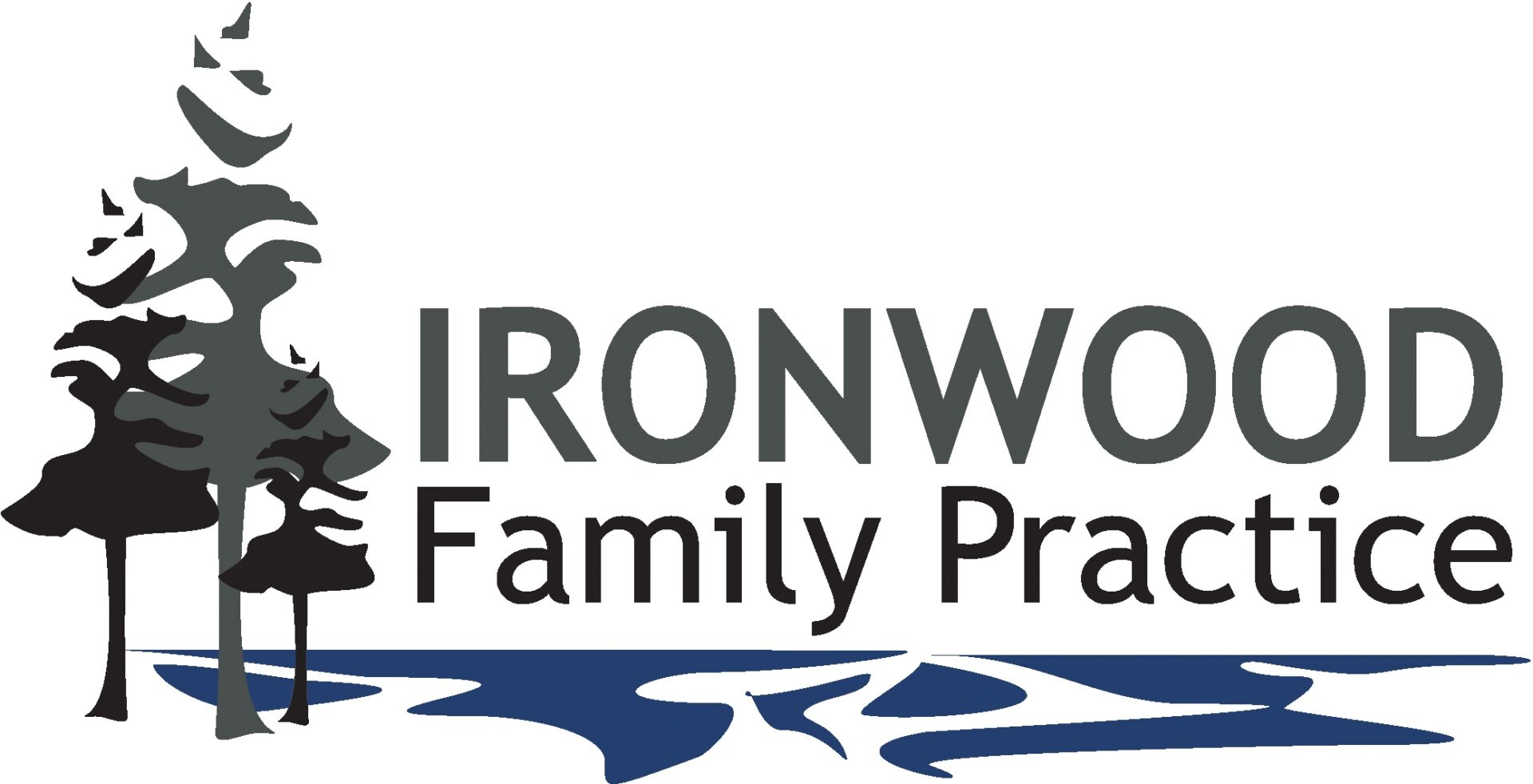
Keeping your family healthy begins with an ounce of prevention. At Ironwood Family Practice, our comprehensive preventive health services include immunizations and vaccinations that reduce your risk for diseases like influenza and pneumonia. Whether you’re a parent looking to keep up with their child’s immunization schedule or an adult seeking to protect their health, you can find premium preventive care near you.
x
x
x
x
x
Ironwood Family Practice provides personalized healthcare to patients of all ages. Our approach involves educating and empowering our patients to take charge of their health and make informed decisions.
Vaccines for children and adults in Coeur d’Alene
Families from throughout the Inland Northwest count on Ironwood Family Practice to deliver high-quality, individualized care. Our team treats every patient with the same level of care and attention as you would want for your own family. When you or your child needs a vaccination or booster, we will explain your options, listen to your concerns, and guide you in making the healthiest choice.

Which vaccines does my child need?
U.S. healthcare experts regularly update the recommended vaccine schedule to ensure children and adolescents receive maximum protection from preventable illnesses. The providers at Ironwood Family Practice manage your child’s immunization schedule and keep parents up to date throughout their child’s growth and development.
Hepatitis B
The hepatitis B vaccine protects children from a serious liver infection which can cause long-term damage and complications. Infants get immunized for Hepatitis B at birth because the virus can spread from an infected mother or through contact with blood or bodily fluids. Additional doses are given at 2 months and 6 months to provide lifelong protection.
Respiratory Syncytial Virus (RSV)
RSV can cause severe lung infections in babies 6 months and younger, leading to breathing problems and hospitalizations. The RSV vaccine is an antibody that protects children from getting RSV. It’s recommended that pregnant women receive the RSV vaccine (nirsevimab) between the 32nd and 36th week of their pregnancies.
If a mom did not receive the vaccine during her pregnancy, then babies under 8 months old should receive it. Nirsevimab is also recommended for some older children (8-19 months) who are at higher risk for severe RSV. Your child’s doctor will help determine your baby’s risk.
Diphtheria, tetanus and pertussis (DTaP)
The DTaP vaccine helps prevent these three potentially life-threatening diseases in children:
- Diphtheria, which can block the airway
- Tetanus, which causes muscle stiffness and spasms
- Pertussis, also called whooping cough, which causes uncontrollable coughing fits
It’s recommended that children receive six doses of DTaP, one each at 2 months, 4 months, 6 months, 15 months, 4 years, and again between ages 11 and 12. After childhood, DTaP boosters should be given every 10 years over the course of a person’s life.
Haemophilus influenzae type B (HIB)
HIB is associated with serious infections like childhood meningitis, pneumonia and swelling of the throat. Today, these conditions are rare. Children may receive 3 or 4 doses of the HIB vaccine depending on the brand, with the first dose at 2 months. Our team at Ironwood Family Practice will let you know which schedule and vaccine will work best for your child.
Polio (IVP)
The polio virus can cause paralysis and lifelong disability. It has mostly been eliminated in the U.S. thanks to advances in vaccines. Experts recommend that children receive doses of the IVP vaccine at 2 months, 4 months, 6 months and 4 years.
Pneumococcal disease (PCV-13)
The PCV-13 immunization guards against pneumonia, meningitis and bloodstream infections. It’s administered in doses at 2 months, 4 months and 6 months.
Rotavirus
Rotavirus is easily spread through contact with infected people. The virus causes severe diarrhea and vomiting, along with dehydration, in babies and young children. The rotavirus vaccine, delivered orally, is given at 2 months, 4 months and 6 months.
Influenza
One of the most common and contagious viruses, the flu can cause fever, body aches, pneumonia and hospitalizations. It’s recommended that infants receive their first flu shot as early as 6 months of age. Children who receive their first flu vaccine between 6-12 months will need a follow-up flu shot one month after their first vaccine. After the first year, it’s recommended that kids receive a new flu shot annually.
COVID-19
The COVID-19 vaccine helps lessen the symptoms of coronavirus and reduces the spread of infection. Recommendations are for children to get their first COVID-19 vaccine at their 6-month checkup.
Measles, mumps and rubella (MMR)
The MMR vaccine protects against all three of these highly contagious diseases. Measles in particular is making a comeback in some areas of the country. It spreads easily through coughing and sneezing. Children should receive their first MMR vaccine at 12 months and a booster at 4 years.
Hepatitis A
The hepatitis A vaccine provides protection against a serious liver infection that can cause fever, stomach pain, nausea and jaundice. Children should receive two doses, the first at 12 months and the second at 18 months.
Chickenpox (Varicella)
The varicella vaccine prevents most cases of chickenpox or makes the illness milder than it was in the past, prior to immunizations. Recommendations call for children to get their first varicella vaccine at 15 months and a repeat dose at 4 years.
Human Papillomavirus (HPV)
Recommended for pre-teens between 11 and 12 years old, the HPV vaccine protects against the human papillomavirus, a leading cause of cervical cancer. The vaccine is delivered in two doses at least 5 months apart.
Meningococcal vaccine (MenACWY)
Meningococcal disease is a rare but deadly bacterial infection that causes brain swelling (meningitis). It spreads through close contact. The meningitis vaccine is recommended for pre-teens at ages 11 or 12 and again at age 16 to protect against potential outbreaks in schools or college dorms.
Recommended vaccines for adults
Kids and teens aren’t the only ones who can benefit from immunizations. Certain vaccinations and boosters can keep adults healthy, too. Some of the most common adult vaccinations we provide at Ironwood Family Practice are:
Seasonal flu vaccine
An annual flu shot is the best way to avoid the flu or reduce the seriousness of its symptoms. It’s especially important for older adults, pregnant women and people with chronic conditions like diabetes or heart failure.
COVID-19 vaccine
Routine COVID-19 boosters can protect against severe illness and long-term complications from coronavirus.
RSV
Adults ages 60 and older should consider an RSV vaccine, a one-time immunization that reduces the risk of severe lung infections.
Pneumonia vaccination
A pneumonia vaccine is recommended for adults ages 65 and older, along with younger adults who live with chronic disease.
Shingles (Shingrix vaccine)
A painful rash that causes severe and ongoing nerve pain, shingles occurs when the chickenpox virus reactivates in adults. The shingles vaccine is recommended for adults ages 50 and older to prevent shingle and its potential complications.
Boosters
Adults should receive a TDaP booster every 10 years. A TDaP booster is especially important if adults suffer a deep laceration.
Why choose Ironwood Family Practice for immunizations and vaccinations?
When you or your child is due for a vaccine, you can find it nearby at Ironwood Family Practice in Coeur d’Alene. As family medicine providers, our team cares for children, adults and teens, with an emphasis on prevention and restoration. Here, you’ll find:
Compassionate care for your children. It’s natural for kids to be nervous when getting vaccinated. Our providers will be as gentle as possible, working with parents to make the experience as painless as possible.
Convenient options that meet your schedule. In some instances, such as when receiving an annual flu vaccine, parents and children can receive vaccines in the same appointment.
Providers who know you and your family. Our team-based approach to care gives you access to a physician and an advanced practice provider. That means you’ll receive vaccines from providers that you and your family know and trust.
Frequently Asked Questions
Are vaccines safe for me and my child?
Yes. Vaccines undergo rigorous testing and are closely monitored for safety. Healthcare experts agree that the disease-preventing benefits of vaccines far outweigh the risks. Any mild side effects, like soreness or a slight rise in body temperature, often go away quickly. Serious side effects are extremely rare. If you are uncertain about vaccines or have questions, ask us during your appointment. The providers at Ironwood Family Practice are happy to address your concerns.
Can my child receive multiple vaccines in the same visit?
Yes. Many childhood vaccines, especially those delivered at key stages in the first few months of a child’s life, can be administered during the same appointment. Studies show that receiving multiple vaccines does not overload a child’s immune system. The team at Ironwood Family Practice will guide you on which vaccines are safe and appropriate to deliver at each appointment based on your child’s stage of growth.
Can a family medicine doctor provide vaccines for children and teens?
Absolutely. Family medicine care for the entire family, including kids and teens. We also provide comprehensive pediatric and adolescent care, from newborn check-ups to child and teen well visits. If you’re in the Coeur d’Alene area, call Ironwood Family Practice at 208-667-4557 to make an appointment.
